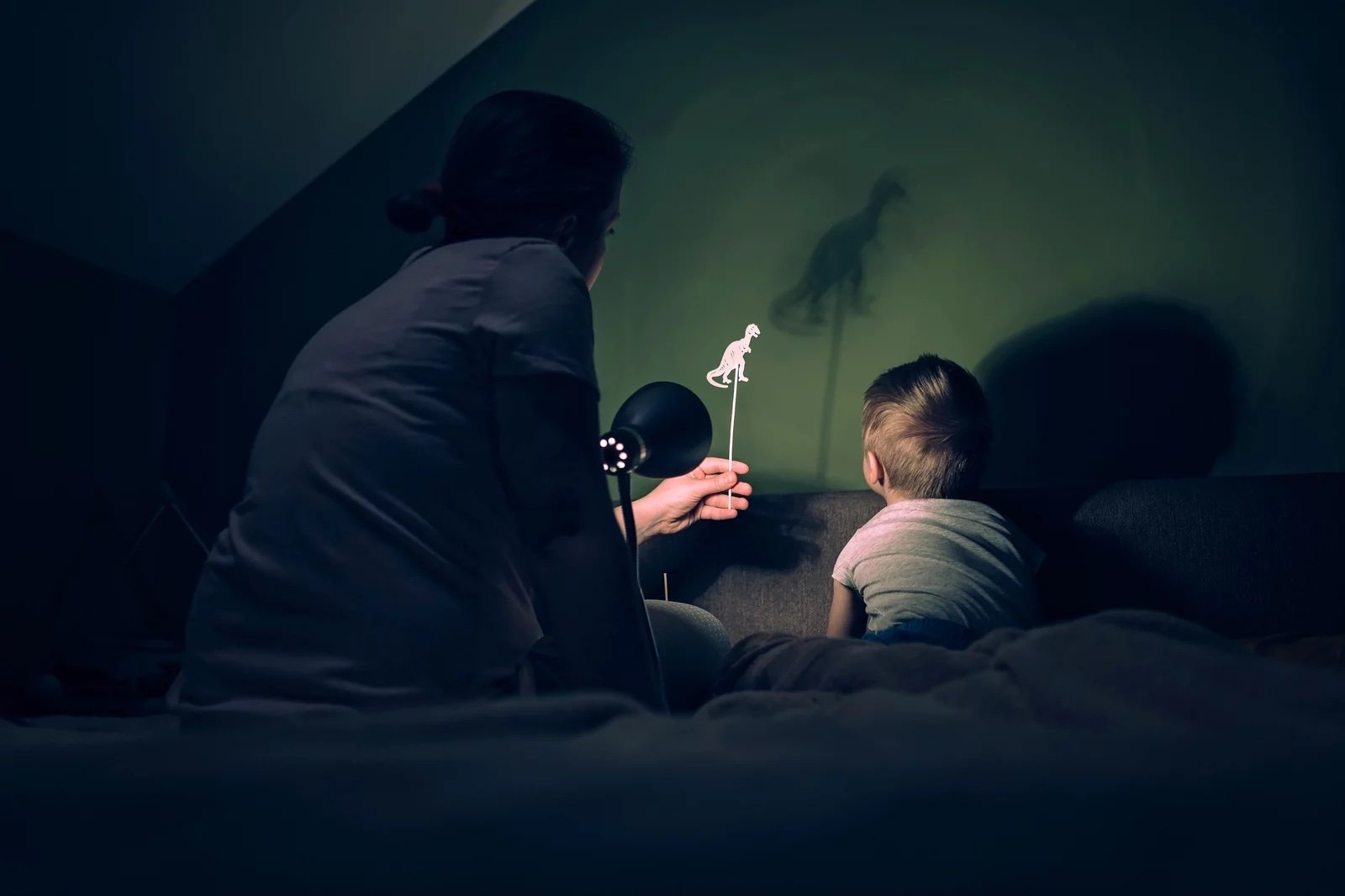Stories are fun, but they aren’t just for fun.
From building connections to broadening horizons to changing hearts and minds, storytelling is a fundamental tool for science communication, education, outreach, and advocacy.
get in touch to learn more about our custom educational programming for college and university faculty, graduate and undergraduate students, bench scientists, field researchers, medical and public health practitioners, PATIENT COMMUNITIES, communications professionals, and more.
the science of storytelling
Stories and personal narratives can:
Foster engagement with science among general, non-expert audiences (Dahlstrom, 2014)
Lead audiences to perceive scientists as more authentic (Saffran et al., 2020)
Improve self-confidence and scholarly communication skills among scientists who tell them (Krauss et al., 2022)
Promote active perspective-taking, which has been shown to persuade audiences and reduce prejudice more effectively than hard data alone (Broockman & Kalla, 2016)
Play a critical role in effective mentor/mentee relationships by providing information, direction, support, and inspiration (D’Abate & Albert, 2017)
Broaden perceptions of who belongs in the scientific community and improve science class performance (Schinske et al., 2016)
Serve as illustrative examples that can help enhance comprehension of otherwise abstract course concepts (Rawson et al., 2014)
Help students form connections between course content and the importance of equity and inclusion in STEM fields (Collins et al., 2023)
As explained by Reyhaneh Maktoufi, Story Collider Instructor and Host of NOVA's Sciencing Out
As explained by Paula Croxson, Story Collider Senior Producer, neuroscientist, and science communicator
HOW Our CLIENTS HAVE CUSTOMIZED their PROGRAMMING
register for an online workshop
Want to see what all the fuss is about before bringing our instructors to you?
Our online workshops are open to anyone in the world (i.e., no application process; everyone is welcome), although some courses are designed with specific audiences in mind. If you don’t see the workshop for you, check back soon or get in touch!
“A TRULY TRANSFORMATIVE WORKSHOP”
“THE MOST EFFECTIVE USE OF ZOOM THIS YEAR”
“WHAT ENERGY! WHAT A COMMUNITY! SO MUCH FUN!”
“THE MOST PROFOUND, PIVOTAL, AND MEANINGFUL PROFESSIONAL DEVELOPMENT I HAVE EVER EXPERIENCED”
STORY COLLIDER IN THE NEWS
In STEM fields, imposterism runs rampant, particularly among historically marginalized students. Associate Professor of Mechanical and Biomedical Engineering Krishna Pakala is dedicated to changing that through storytelling.
Often when we think of academia, we think of answers. But behind all that knowledge, there are real people who struggle with questions – [and] not just ones that preface their research.
Kelly Douglass shares her experience at a Story Collider workshop in August 2022: "I learned that every wildlife biologist has a story to tell. And that it is important to tell those stories."
“As scientists, we sometimes pretend we’re above the emotional part of what we do. But it’s okay for emotion to underlie it.”
“We [scientists] spend so much time trying to remove ourselves from our work, to remain objective, that it’s liberating to be asked to do the exact opposite.”
Different formats of information — lists of facts, say, or charts — may be better suited to different situations, researchers say, but stories wield a particularly strong influence over our attitudes and behavior.













